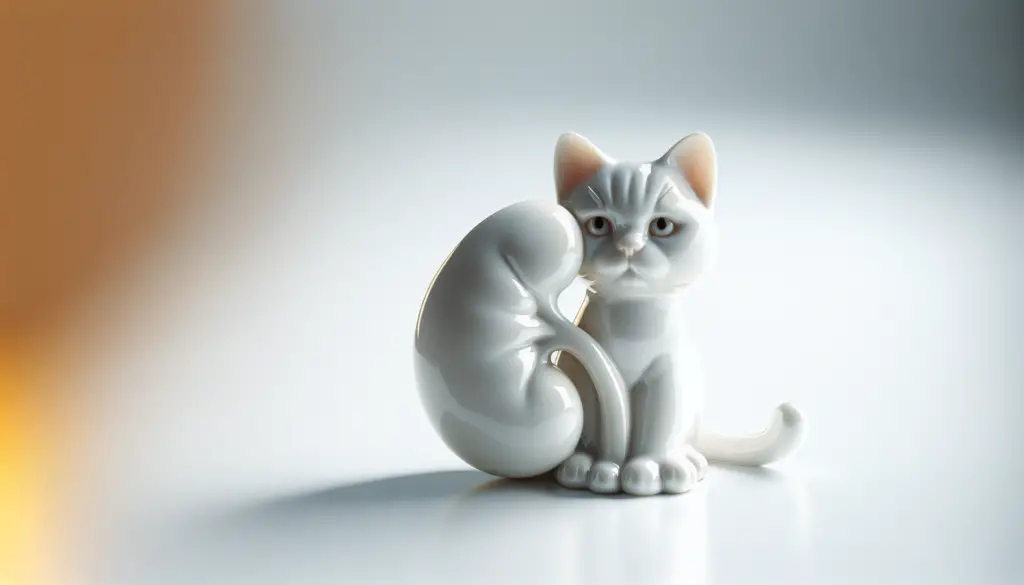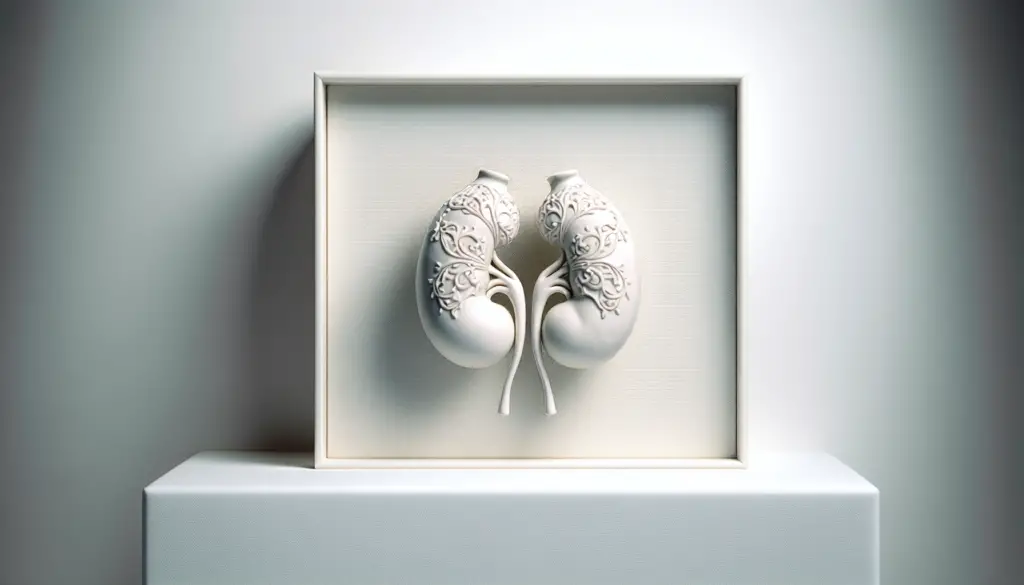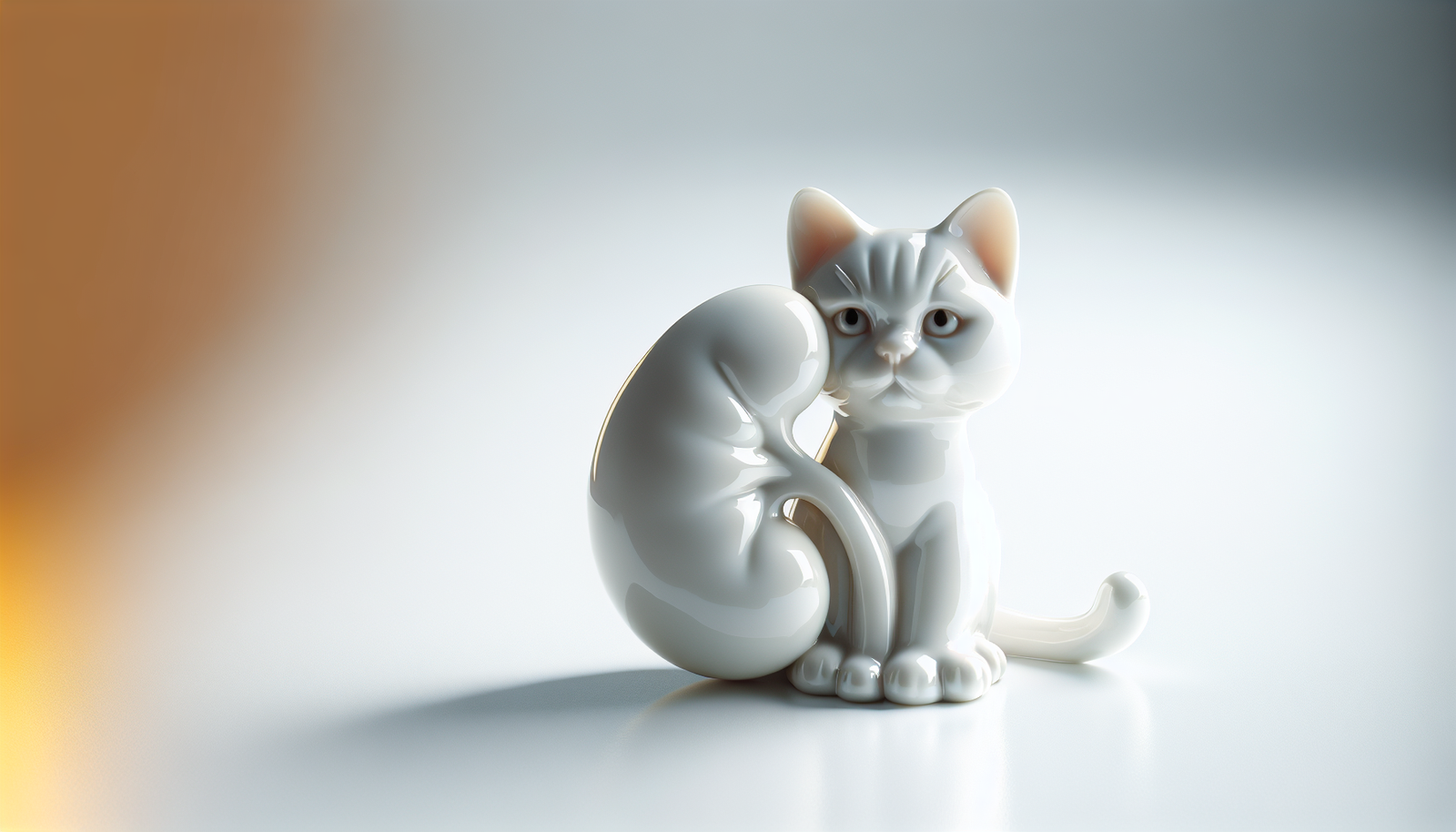Persian cats are known for their beautiful long fur and sweet disposition, but did you know that some of them may face potential challenges with underdeveloped kidneys? This article explores the possible reasons behind this condition, shedding light on factors that could contribute to a Persian cat’s kidneys not developing properly. Understanding these potential causes can help feline enthusiasts and veterinarians alike in providing the necessary care and support to ensure the wellbeing of these beloved pets. So, let’s uncover the mysteries surrounding underdeveloped kidneys in Persian cats and pave the way for healthier feline companions.
Potential Causes of Underdeveloped Kidneys in Persian Cats
Persian cats are one of the most popular and beloved cat breeds around the world. Known for their luxurious fur and distinct features, Persian cats are often cherished companions. However, like any other living being, Persian cats are susceptible to health issues, and one potential concern is underdeveloped kidneys. In this article, we will explore the various factors that could contribute to this condition.

Genetic Factors
When it comes to underdeveloped kidneys in Persian cats, genetic factors can play a significant role. Inherited kidney conditions and gene mutations can both contribute to abnormalities in kidney development. These genetic factors can affect the way kidney tissues grow and function, leading to underdeveloped kidneys.
Congenital Abnormalities
Another potential cause of underdeveloped kidneys in Persian cats is the presence of congenital abnormalities. These abnormalities occur during fetal development and can impact the structure and function of the kidneys. Three common congenital abnormalities that can affect Persian cats are renal agenesis, hypoplasia, and polycystic kidney disease.
Renal agenesis refers to the absence of one or both kidneys, which could lead to underdeveloped kidneys. Hypoplasia, on the other hand, involves the incomplete development of the kidneys, resulting in smaller or abnormally shaped organs. Lastly, polycystic kidney disease causes the formation of cysts within the kidneys, which can hinder their growth and development.
Maternal Health
The health of the mother cat during pregnancy can also influence the development of the kittens’ kidneys. Poor reproductive health, chronic diseases in the mother, and hormonal imbalances during pregnancy can potentially impact the growth of the fetal kidneys. Maternal conditions that compromise the blood flow or oxygen supply to the developing organs may contribute to underdeveloped kidneys in Persian cats.
Infections During Pregnancy
Infections contracted by the mother cat during pregnancy can have detrimental effects on the developing kittens’ kidneys. Intrauterine infections, which occur within the uterus, can directly affect fetal development. Additionally, viral or bacterial infections can lead to inflammation and damage to the fetal kidneys, potentially resulting in underdevelopment.

Exposure to Toxins
Exposure to toxins in the environment can also play a role in the underdevelopment of Persian cats’ kidneys. Chemical exposure, such as household cleaning products or industrial chemicals, can have adverse effects on fetal development. Environmental pollutants, including air or water contaminants, may also contribute to the impaired growth of the kidneys. Finally, certain toxic plants or substances that the mother cat ingests can harm the developing organs of the kittens.
Malnutrition
Proper nutrition during pregnancy is crucial for the healthy development of kittens, including their kidneys. Malnutrition in the mother cat can lead to nutritional deficiencies, such as inadequate intake of essential vitamins and minerals. These deficiencies can affect the growth and function of the fetal kidneys, potentially causing underdevelopment.
Diseases Affecting Kidney Development
Certain diseases can directly affect the development of the kidneys in Persian cats, leading to underdeveloped organs. Urinary tract infections and kidney infections can cause inflammation and damage to the fetal kidneys, hindering their growth and maturation. Renal dysplasia, a condition characterized by abnormal kidney development, can also contribute to underdeveloped kidneys in Persian cats.
Medication or Drug-Related Causes
The use of unsuitable medication or exposure to drugs during pregnancy can have adverse effects on fetal development, including the kidneys. Some medications may not be suitable for pregnant cats and could interfere with the normal growth of the kidneys in the kittens. Additionally, certain drugs may have toxicity that can directly damage the developing organs, leading to underdeveloped kidneys.
Kidney Trauma or Injury
While less common, kidney trauma or injury can also be a potential cause of underdeveloped kidneys in Persian cats. Traumatic events during pregnancy or birth, such as accidents or forceful impacts, can result in damage to the fetal kidneys. In some cases, this damage can lead to underdevelopment of the organs.
Complications During Birth
Complications during birth, especially those that affect oxygen supply, can impact the development of the kittens’ kidneys. Difficult or prolonged labor can expose the kittens to stress and reduced oxygen levels, potentially affecting the growth of their kidneys. Inadequate oxygen supply during birth can result in underdeveloped organs, including the kidneys.
In conclusion, the underdevelopment of kidneys in Persian cats can stem from a variety of potential causes. Genetic factors, congenital abnormalities, maternal health, infections during pregnancy, exposure to toxins, malnutrition, diseases affecting kidney development, medication or drug-related causes, kidney trauma or injury, and complications during birth can all contribute to this condition. It is important for breeders and owners to be aware of these factors and take necessary precautions to ensure the optimal development of Persian cats’ kidneys. Regular veterinary check-ups, a healthy diet, and a safe environment can all play a role in promoting kidney health in these beloved feline companions.

